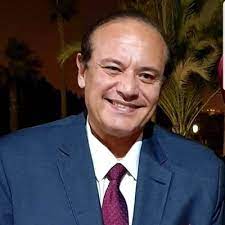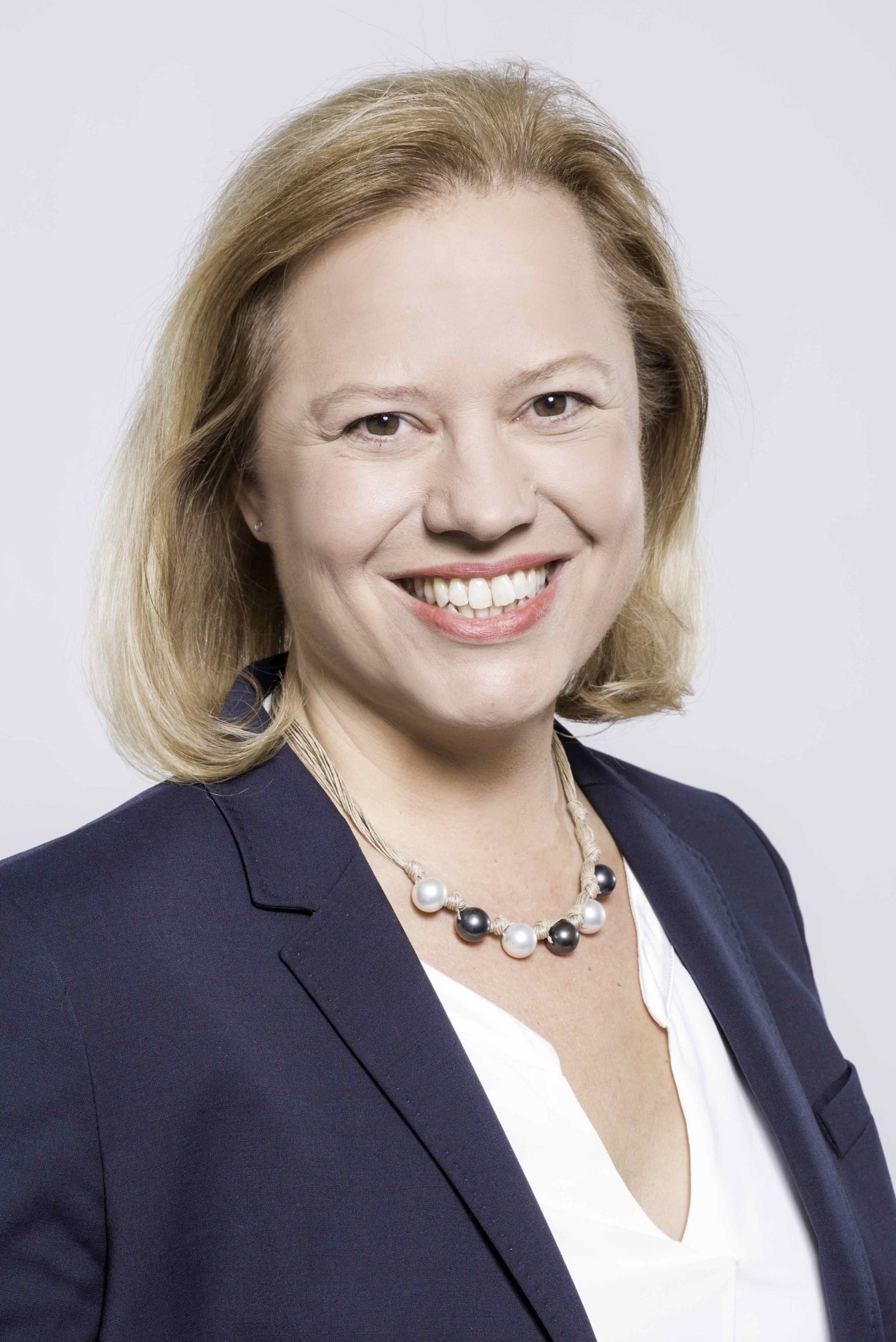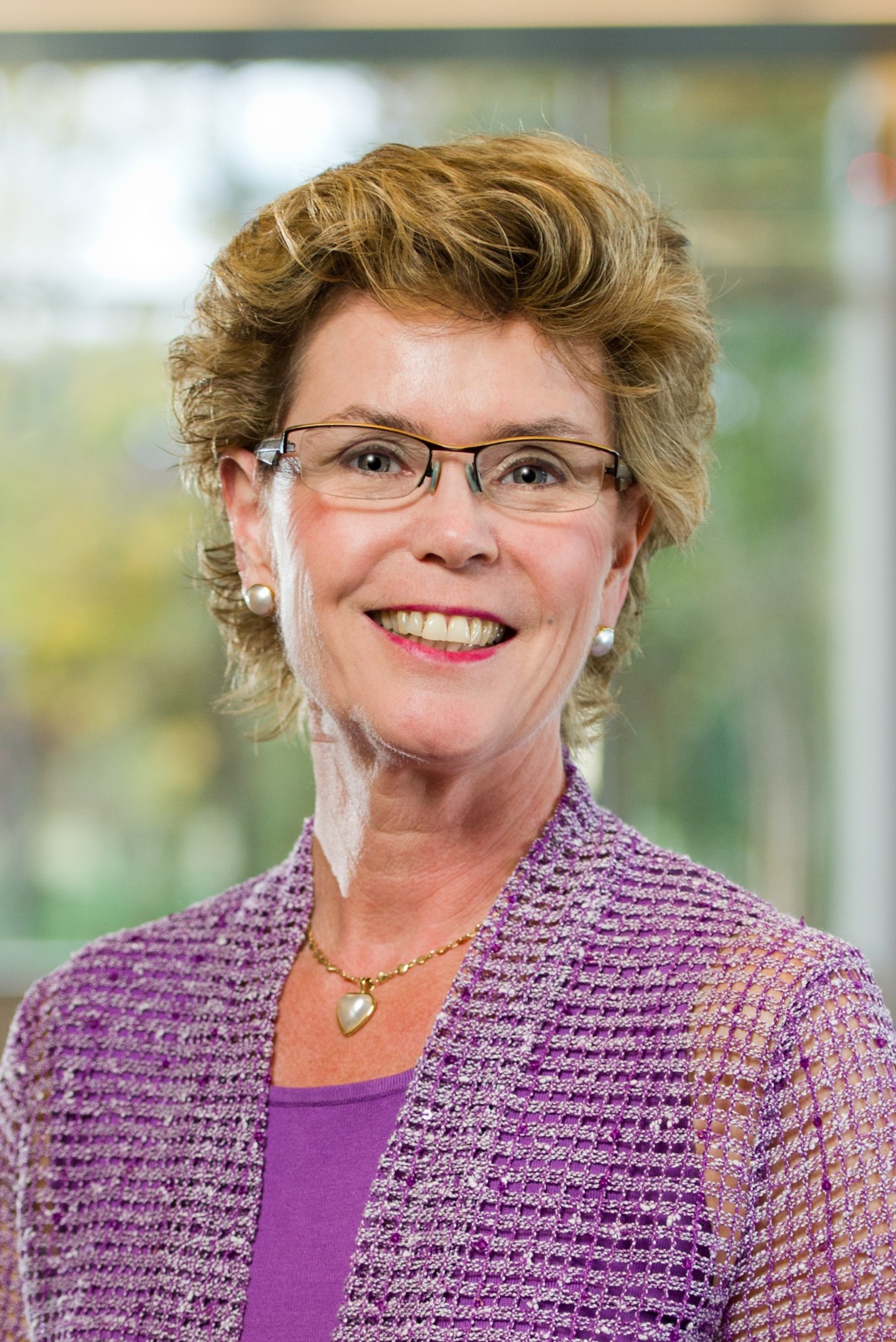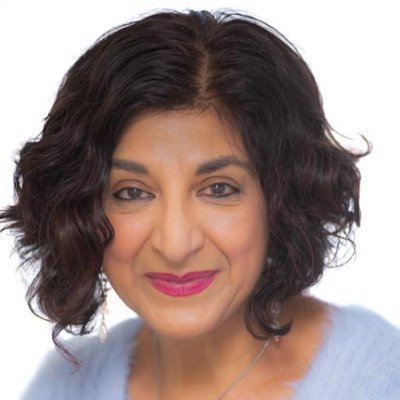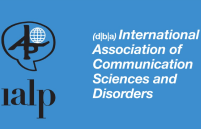Who We Are
The International Association of Communication Sciences and Disorders (d/b/a IALP) is the non-profit worldwide organization of professionals and scientists in communication, voice, speech language pathology, audiology and swallowing.
The organization, formerly known as International Association of Logopedics and Phoniatrics (IALP) was founded in 1924 by Emil Froeschels in Austria to foster collaboration of all professionals interested in logopedics and phoniatrics throughout the world.
Today, IALP is a global network of more than 300,000 Logopedists, Speech-Language Therapists/Pathologists, Audiologists, Clinical Linguists, ENTs and Phoniatricians in more than 40 countries across the globe.

Vision and Mission
Our Vision
We at IALP have a global vision to facilitate better understanding, knowledge and care of all those with communication and swallowing disorders.
Our Mission
To improve the quality of lives of individuals with disorders of communication, speech, language, voice, hearing and swallowing.
We strive to:
- Facilitate science, education, and clinical practice through international cooperation and collaboration;
- Create and share knowledge, skills and information;
- Provide a platform for international networking and advocacy.
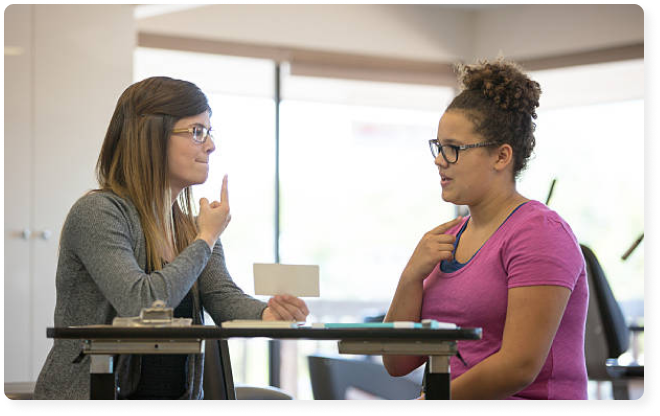
Our History
1924
Emil Froeschels decided to hold the 1st International Congress of Logopedics and Phoniatrics in Vienna and founded the Gesellschaft fuer Logopaedie und Phoniatrie (IALP) with him as President and Hugo Stern as Secretary.

1928
At this Viennese Congress it was proposed that IALP publish an official journal of its own.
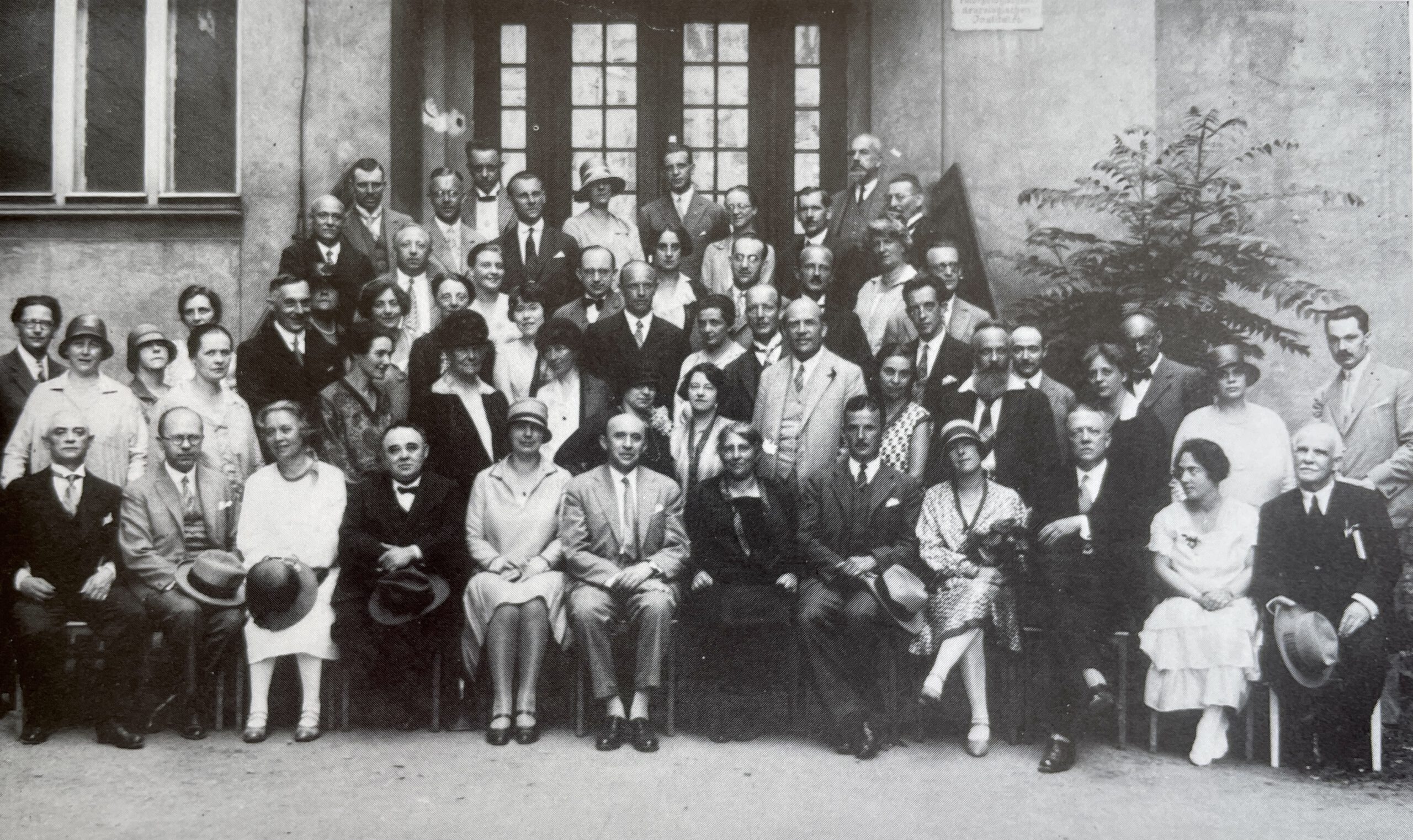
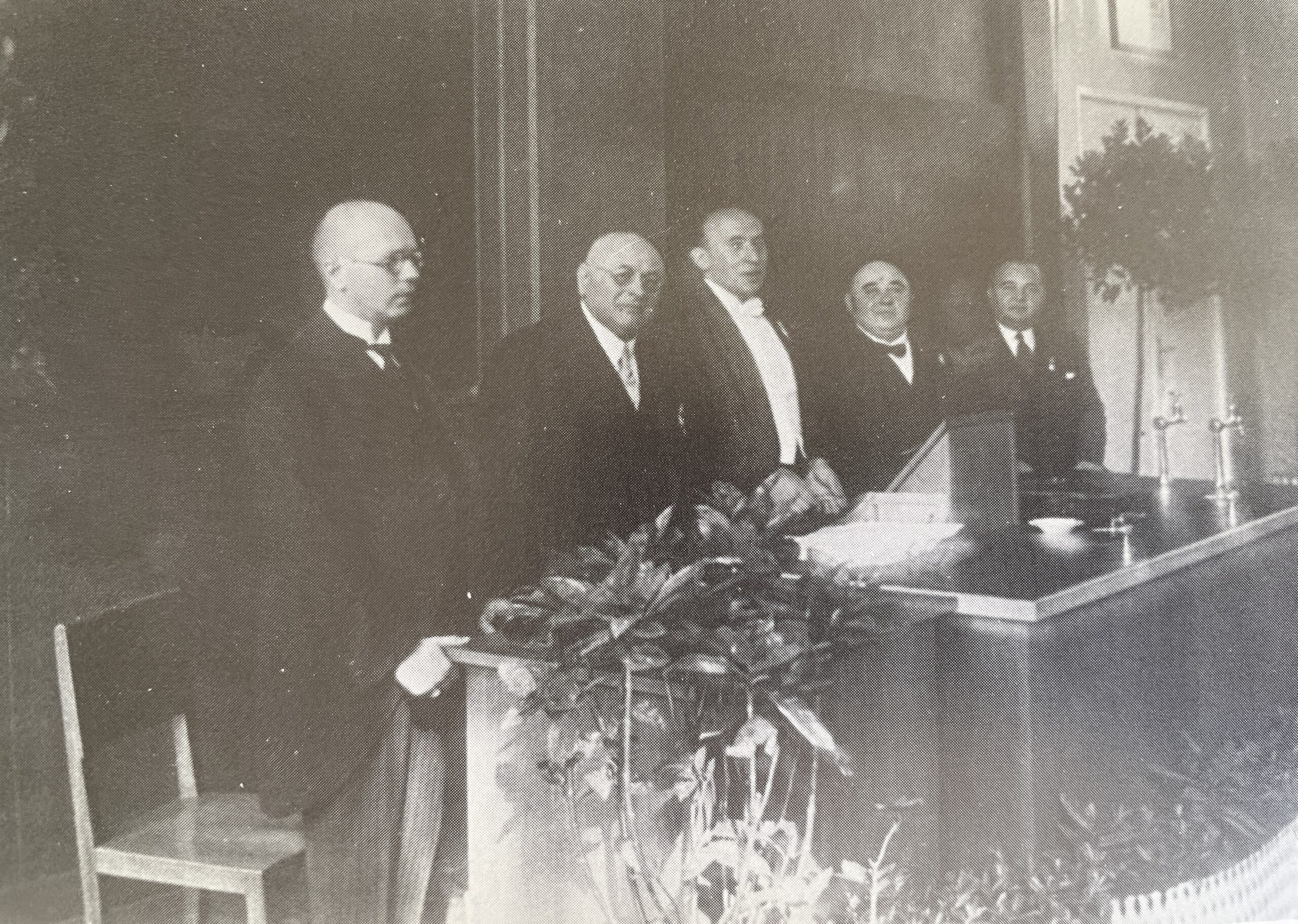
Seeman, Flat, Froeschels and Stern welcomed attendees to the Fourth Congress for the first time out of Vienna in Prague. IALP had become more European.
1930
1937
Many of the participants in Copenhagen suspected that many years must pass before
they would meet again, for many it would be their last Congress.
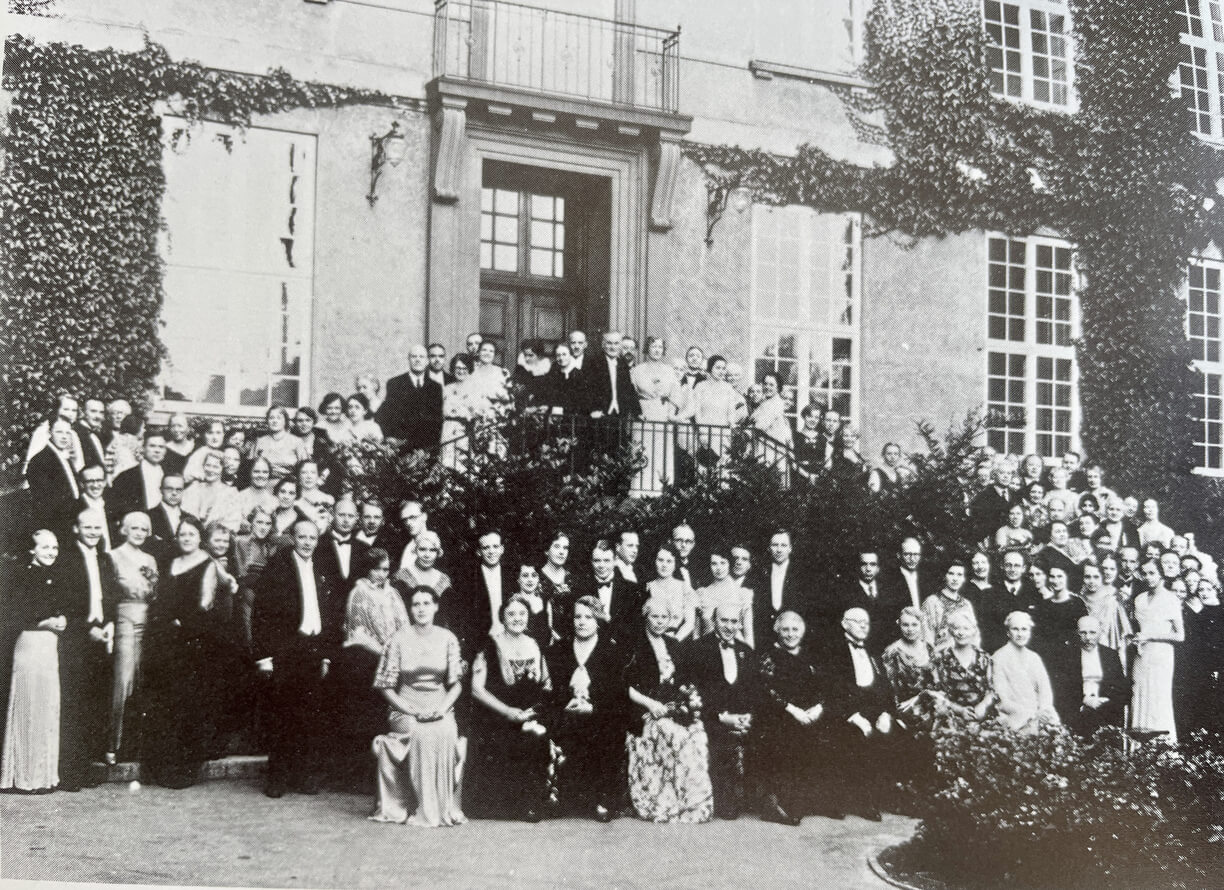
1950
IALP members met in Amsterdam and decided to draft a set of by-laws, to enroll a permanent membership for IALP. Secretary Weiss made initial contacts with WHO and UNESCO.
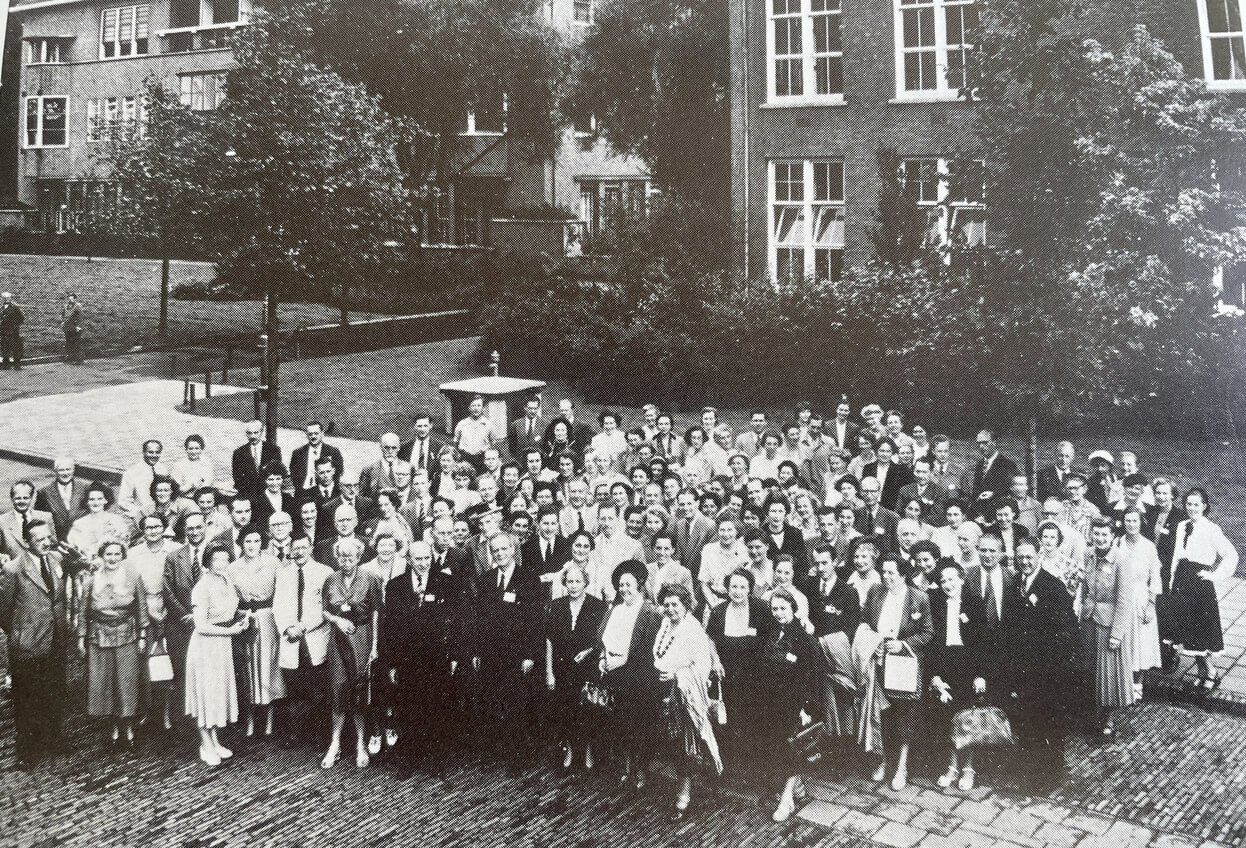
1956
225 delegates to IALP met in Barcelona. The presence of participants from North and South America, East Europe, Canada, Australia, New Zealand and South Africa made it international.
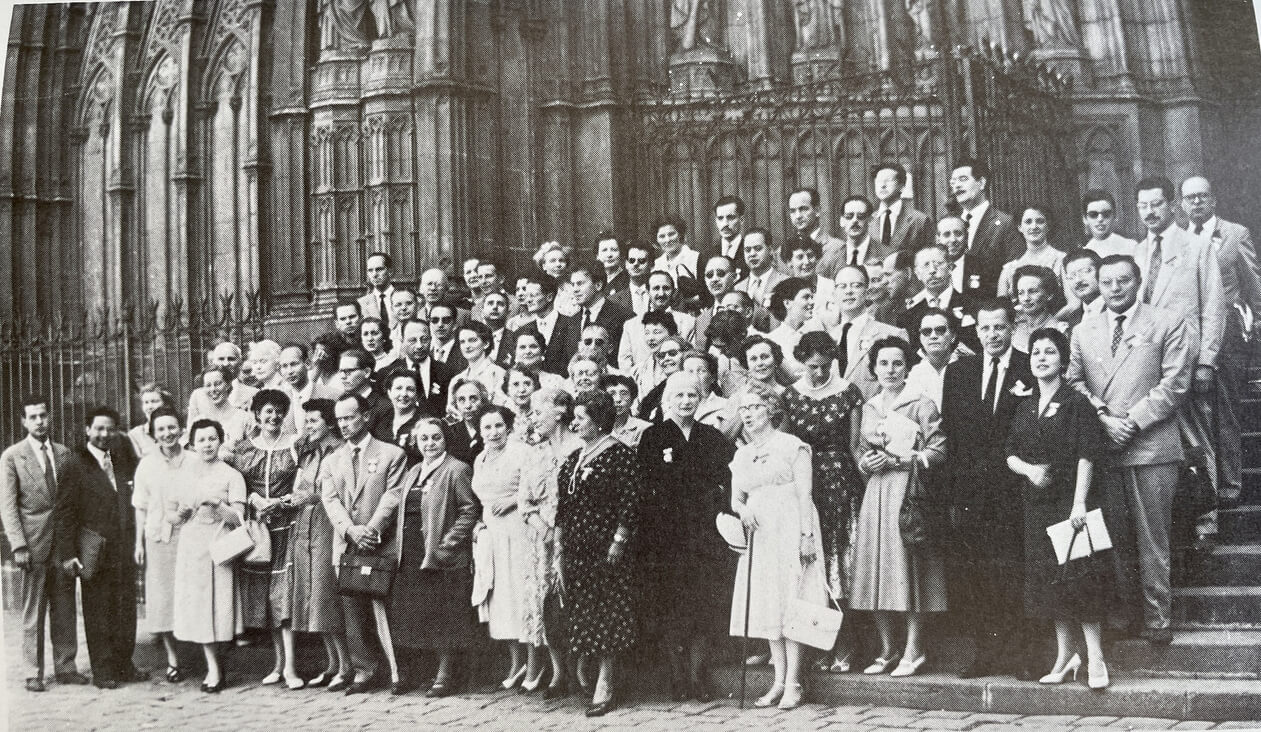

498 participants met on 17-22 August in London. By this time, there were already 15 national associations affiliated with IALP.
1959
1963
In June 1963, IALP obtained official recognition by the WHO and acquired consultation status with the UNICEF. In 1966, the Barcelona artist Josep Artigas designed for emblems for IALP.

1971
1,400 delegates attended the Congress in Buenos Aires. It was the first time to be conveyed out of Europe. That year, there were 34 national associations affiliated with IALP.
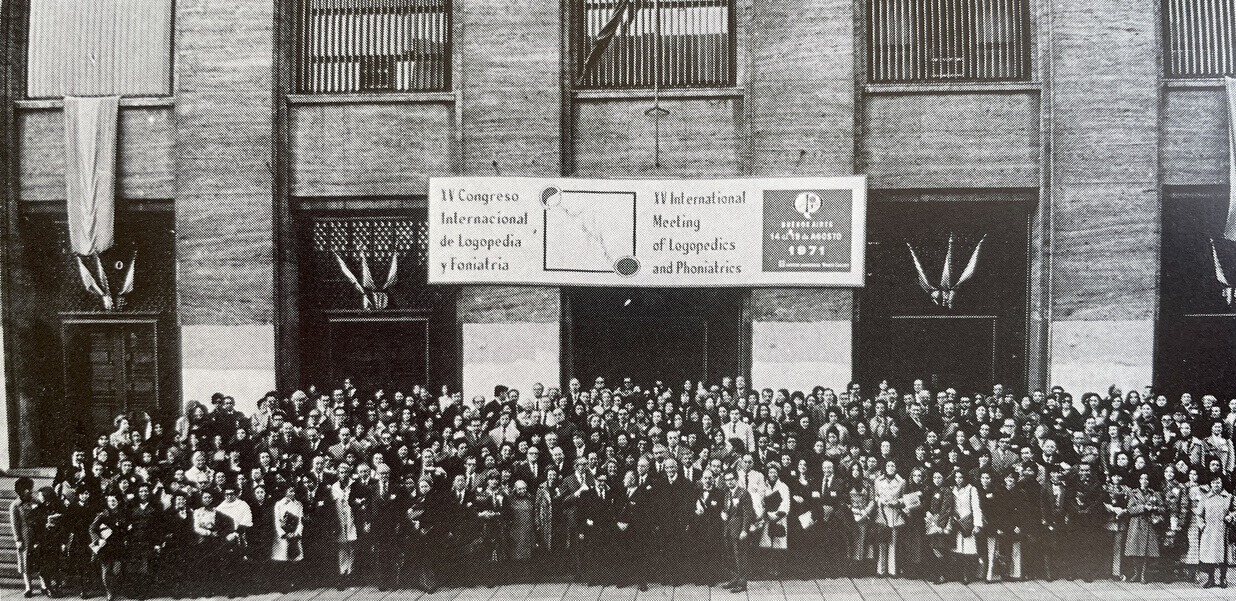
1974
IALP members met at the Casino Kursaal in Interlaken, Switzerland, without outstanding personalities such as Froschels, Gutzmann, Tarneaud and Weiss, who had passed away.
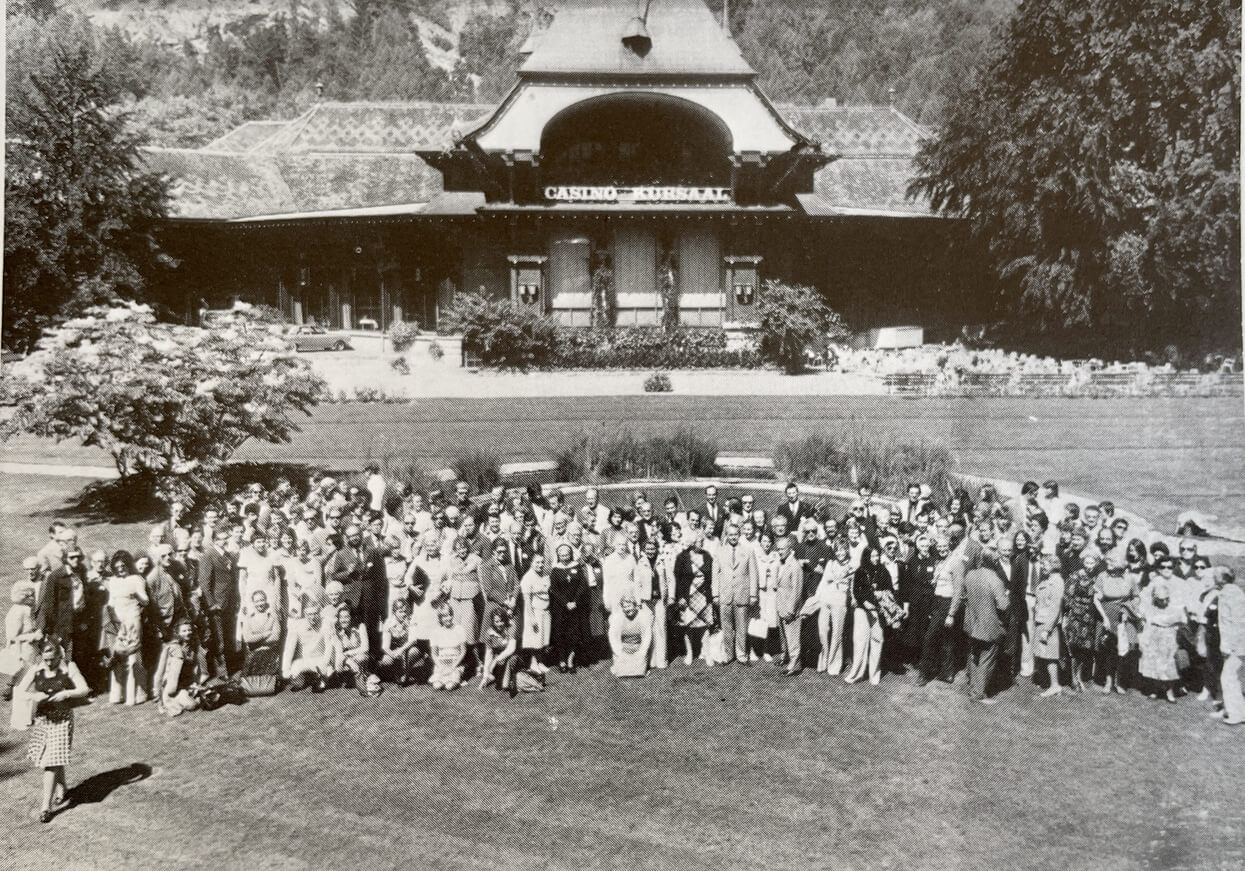
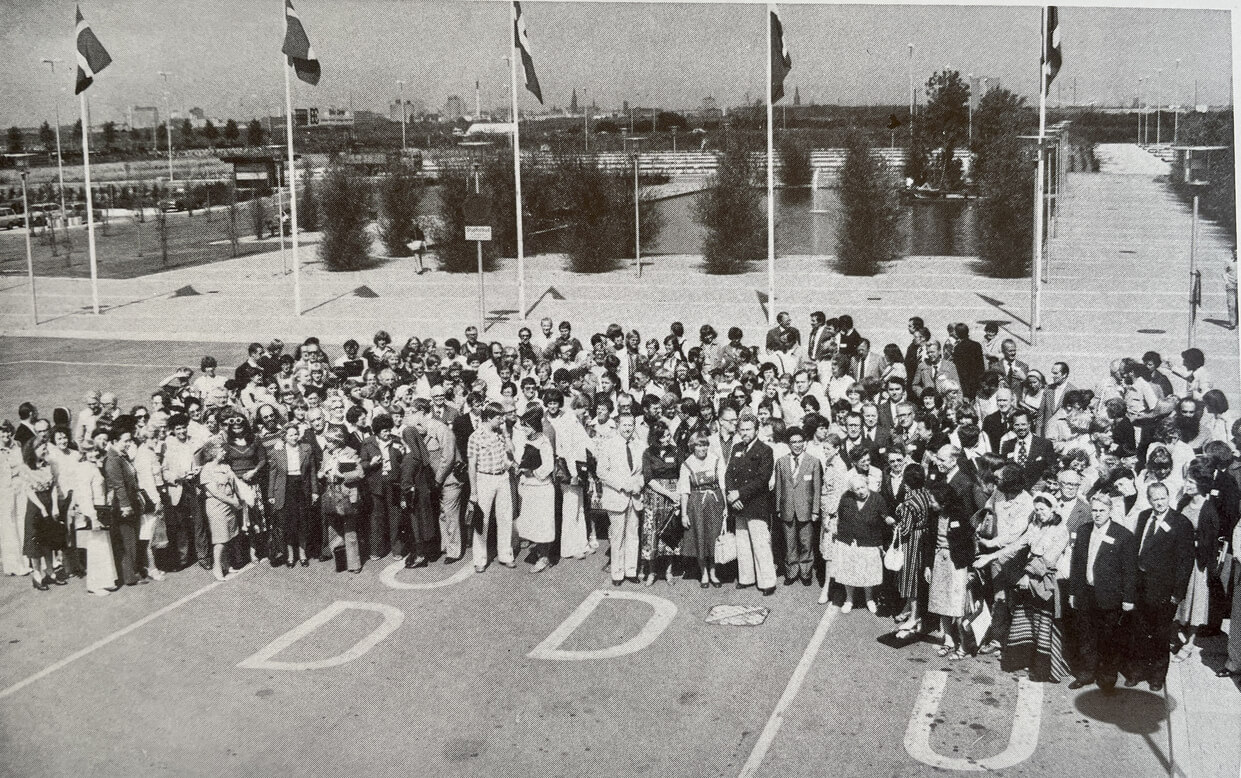
The 17th Congress in Copenhagen welcomed a multitude of new faces. The By-Laws were modified in the sense of not establishing differences respect to race, national origin and religion.
1977
1980
834 attendants from 35 countries met in Washington D.C. counting 41 affiliated societies from 39 countries and 633 individual members.
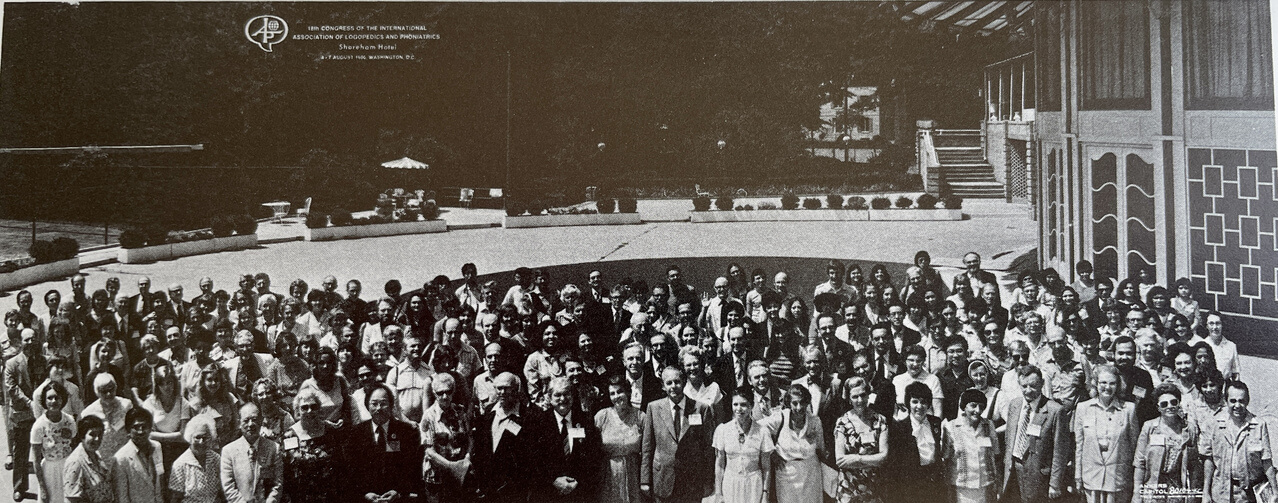
1986
President Butler and General Secretary Sister de Montfort welcomed 610 attendees to the 20th Congress in Tokyo, where IALP Voice Committee was created.
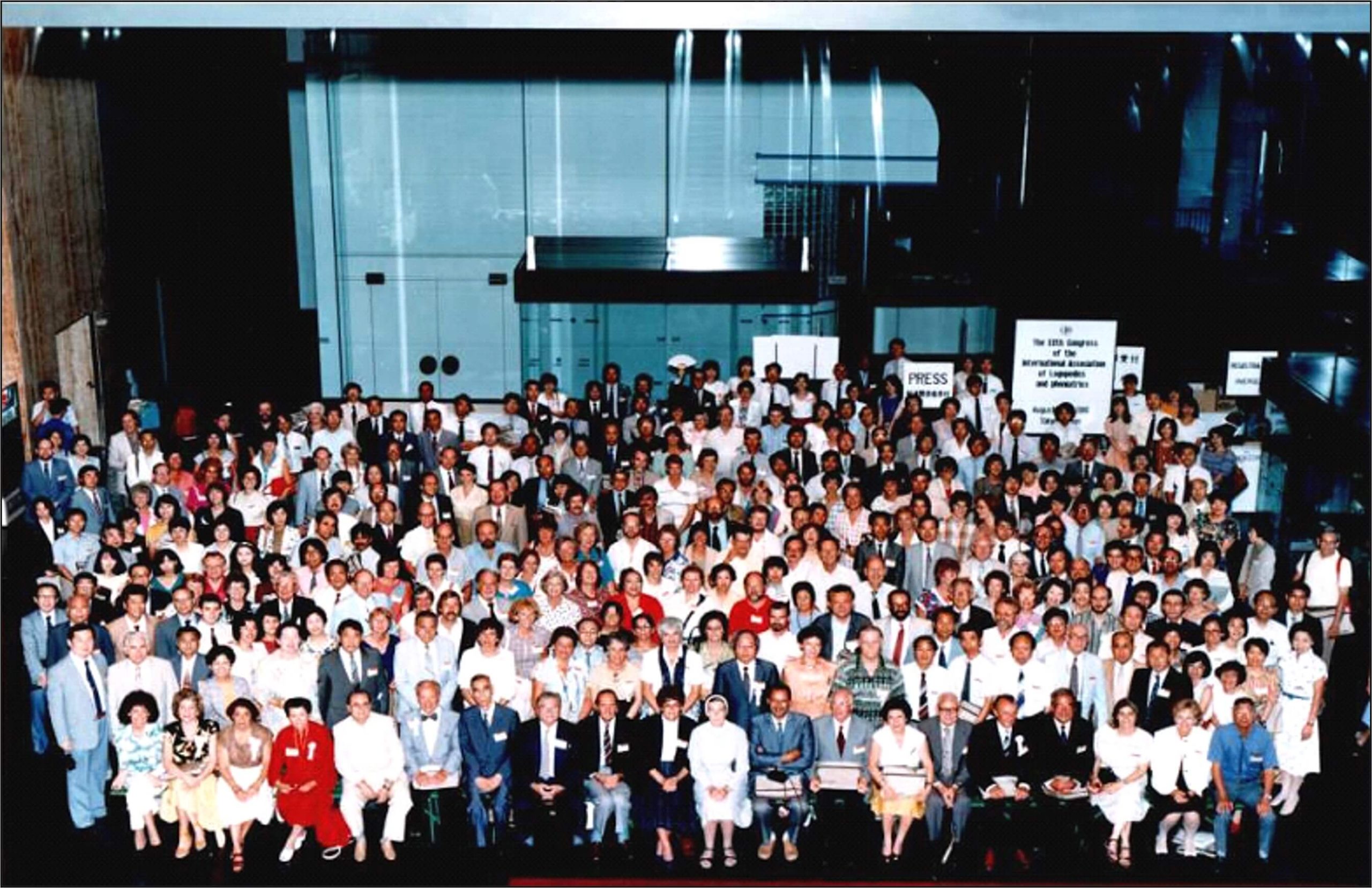
1995
300 participants registered for the Congress in Cairo and represented 53 countries. Prof. Logan set up the new Dysphagia Committee.
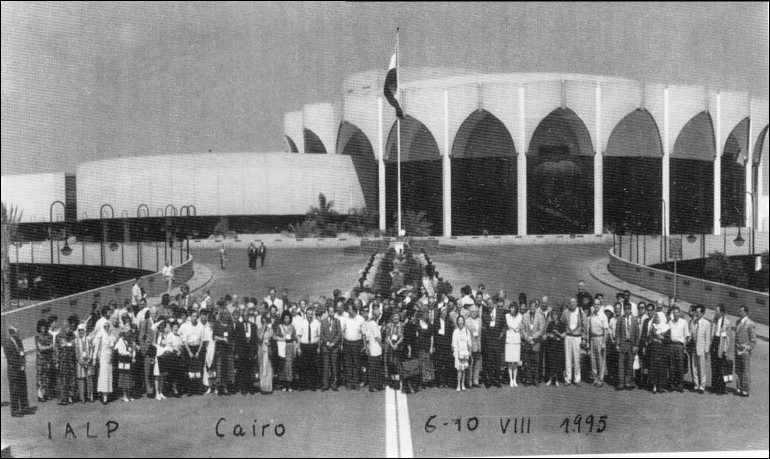

The 24th IALP Congress in Amsterdam counted 927 attendees and became the second largest world conference until then. The Multilingual Affairs Committee was established by Dr. Fredman.
1998
2001
The first IALP congress of the new millennium in Montréal offered a program in three languages: English, French, and German.

2004
The 26th Congress in Brisbane showed that IALP had achieved worldwide reputation: 7 bids to host the 2010 World Congress were presented by representatives from different countries.

2007
Prof. Behlau welcomed 746 participants to the 2nd International IALP Composium in São Paulo. The motto was “The one who communicates better wis less violent and suffers less violence from society”.

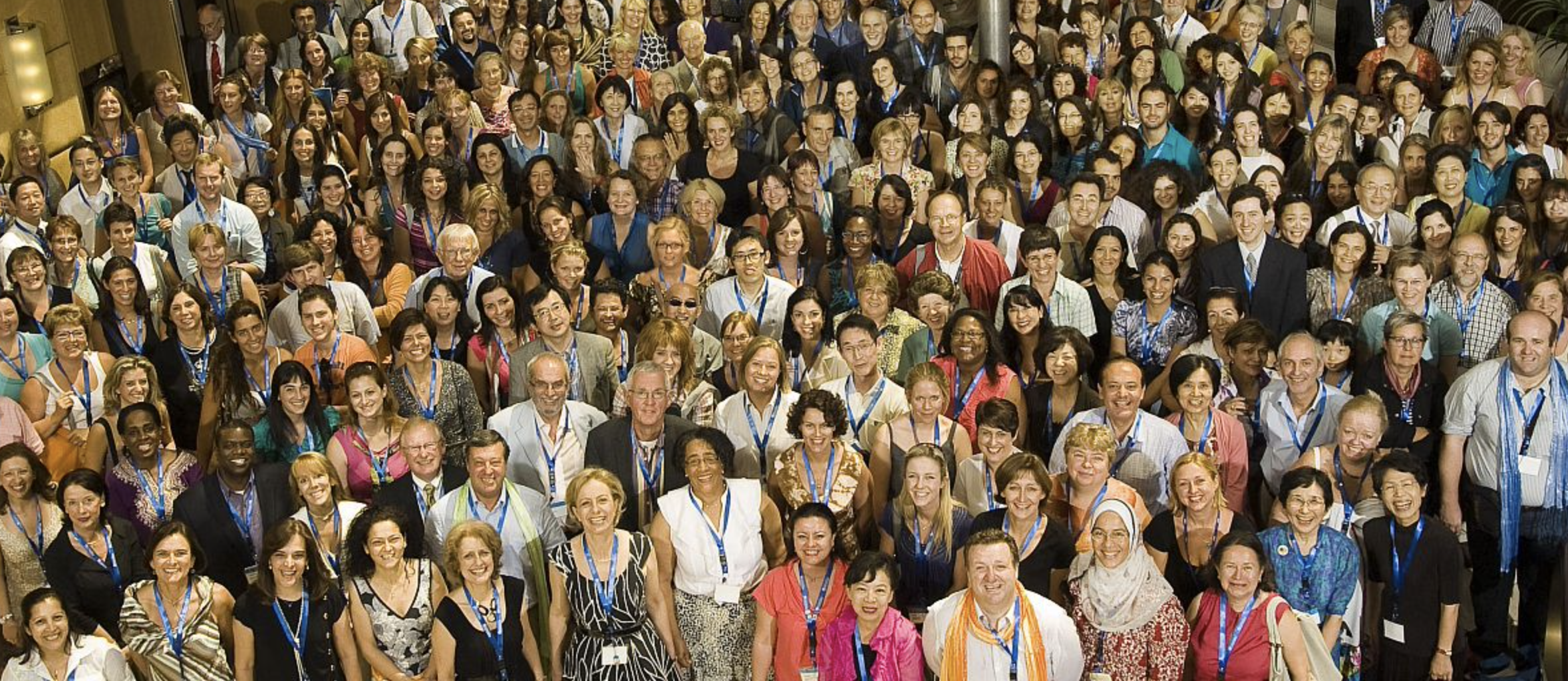
Almost 700 participants from 55 countries attended the 28th World Congress in Athens. IALP celebrated the 60-year partnership with Karger.
2010
2013
The 29th World Congress of the IALP in Torino was attended by 981 registrants from 59 countries. IALP became signatory of the International Communication Project.
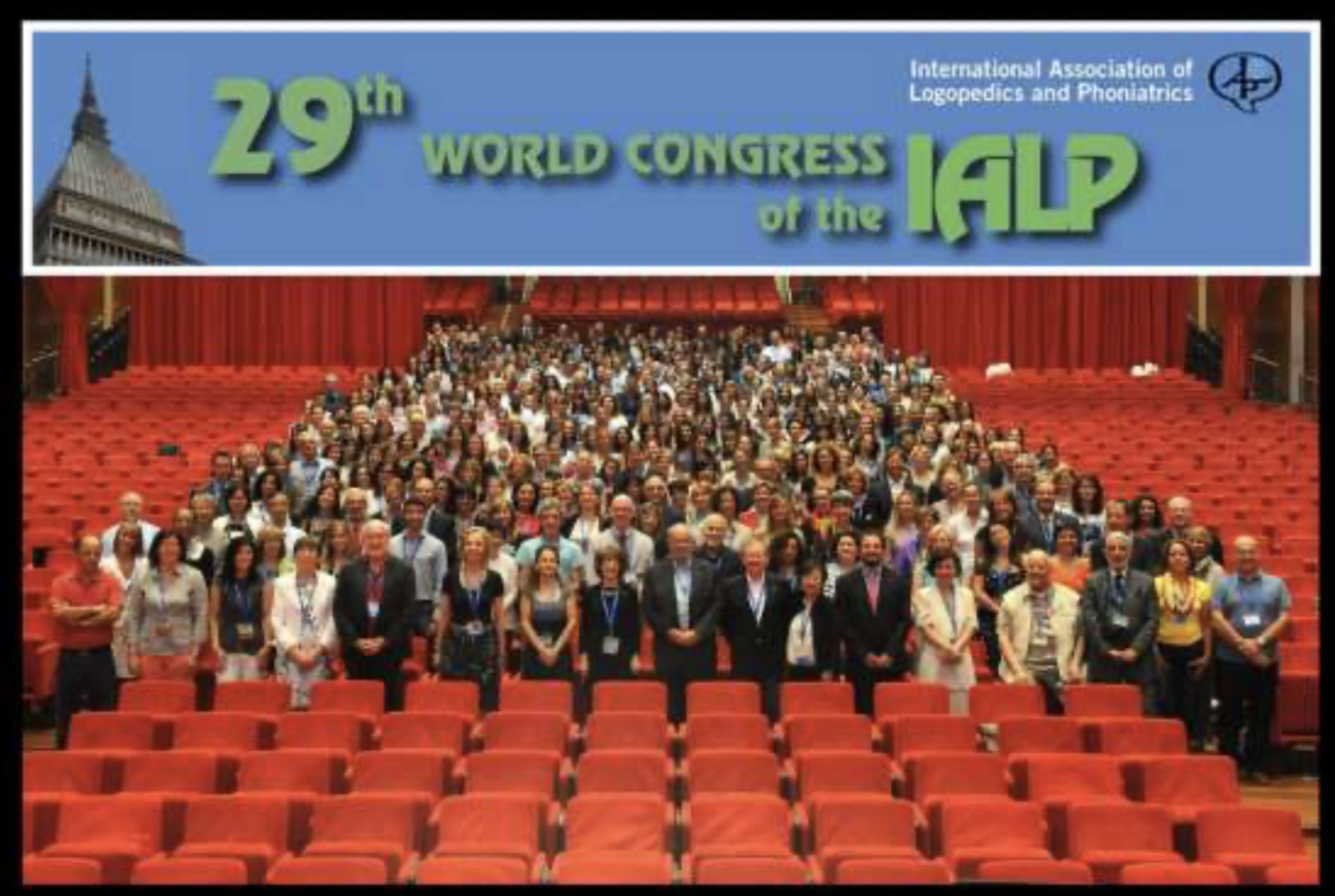
2017
Delegates from all continents attended the 5th IALP Composium on Multilingual and Multicultural Populations focusing on refugees and migrations hosted by Prof. Scharff Rethfeldt in Bremen.
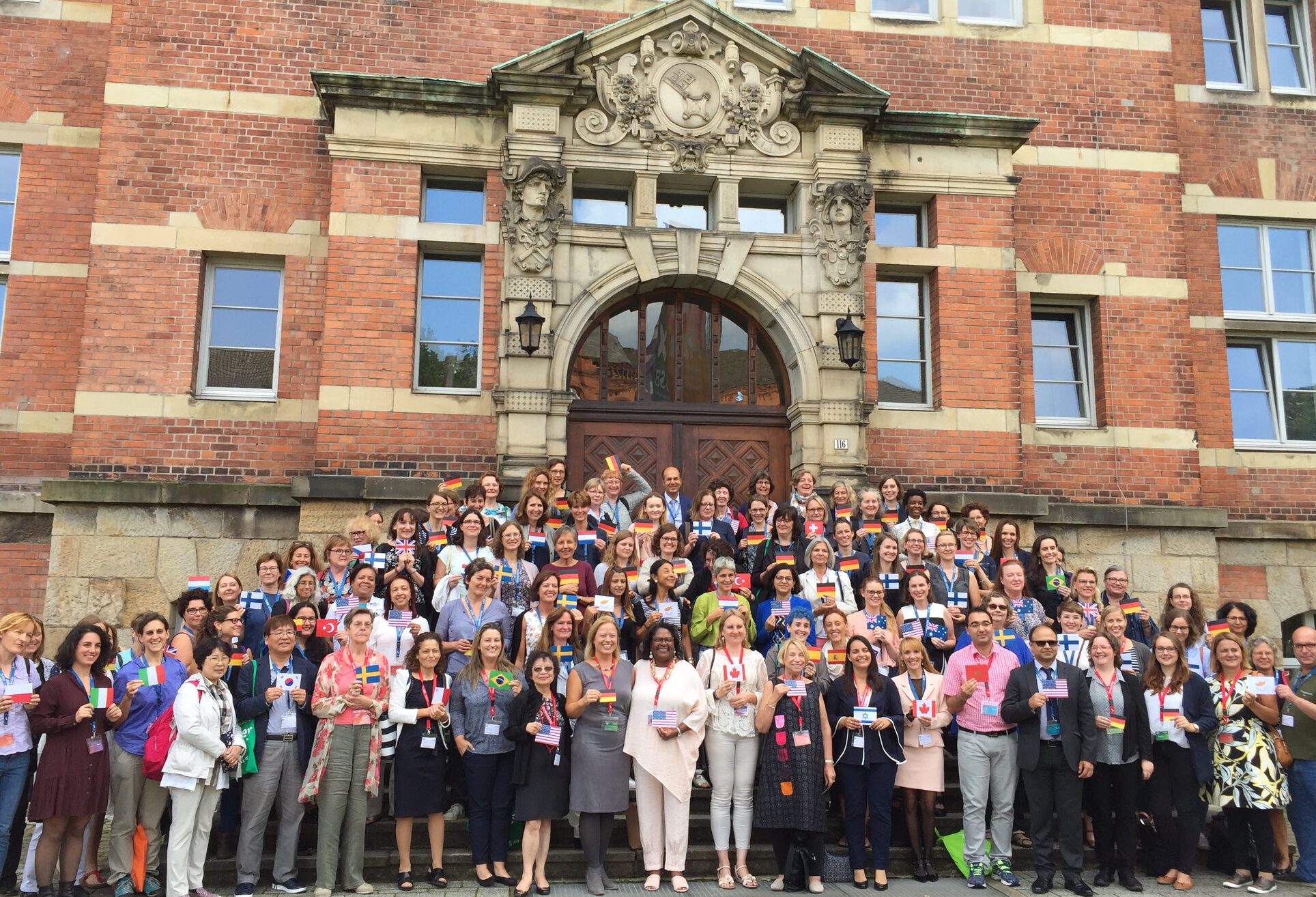
2019
The 31st World Congress of the IALP welcomed around 1,000 attendees from across the globe in Taipei.
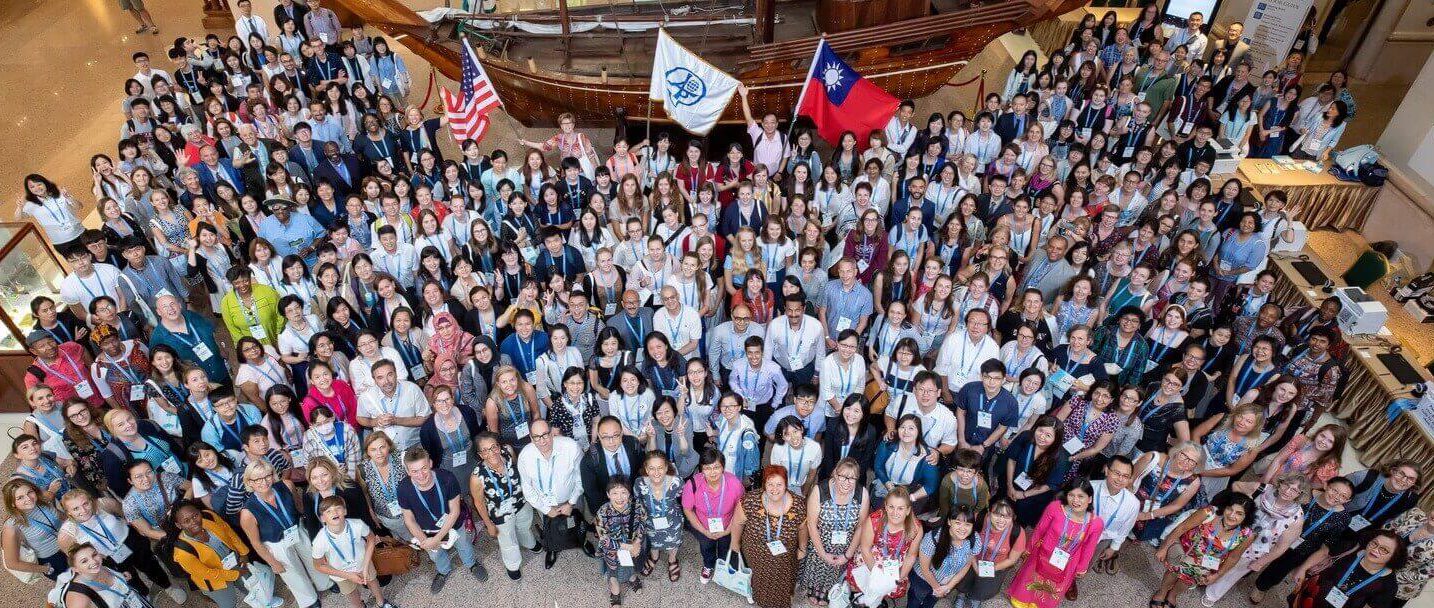
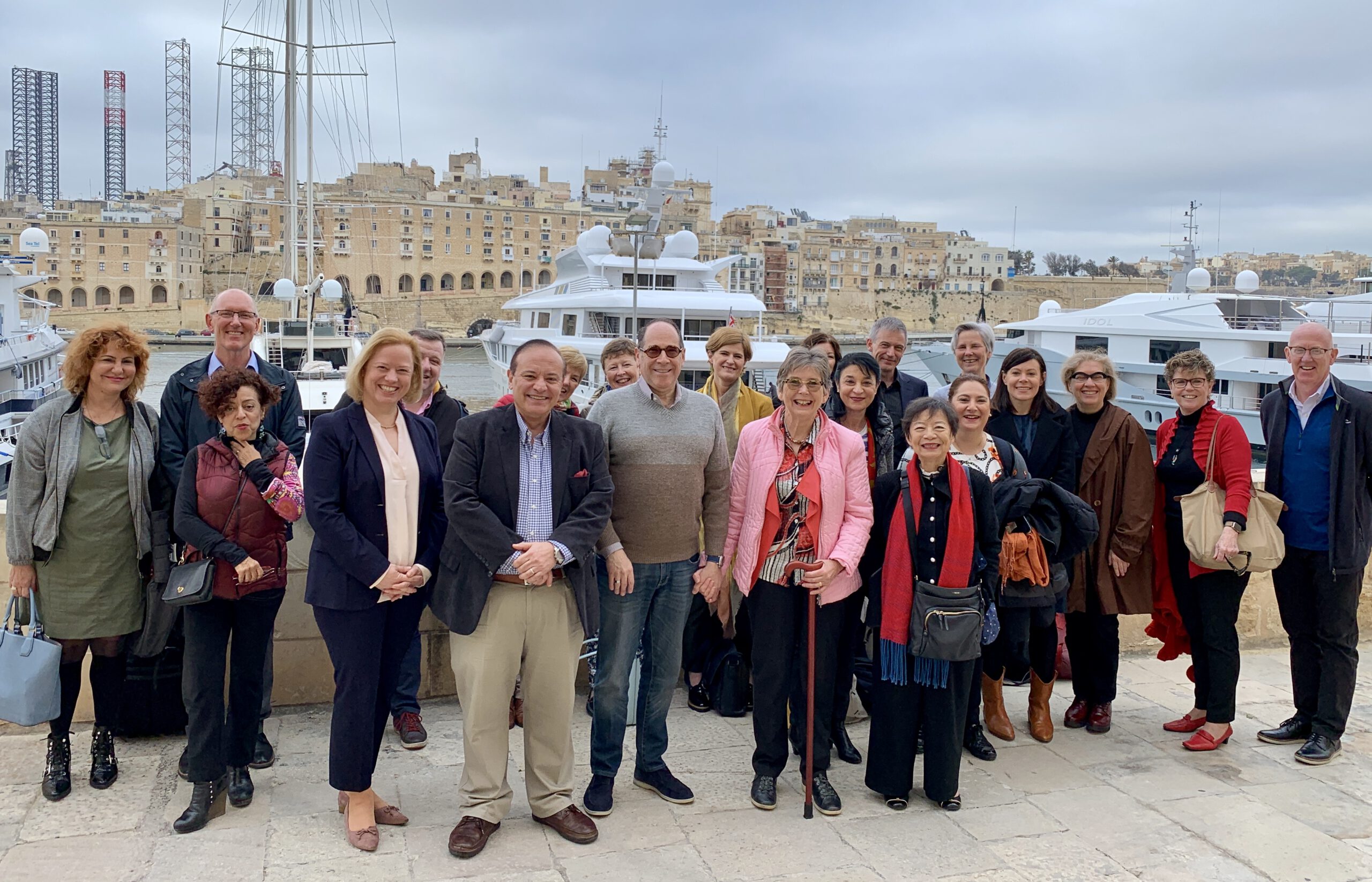
Board members met in Malta, where IALP was newly registered with its new name: International Association of Communication Sciences and Disorders (d/b/a IALP).
2020
2023
Up to 1,000 registrants from across the globe attended the 32nd World Congress in Auckland which was postponed by one year due to the pandemic.
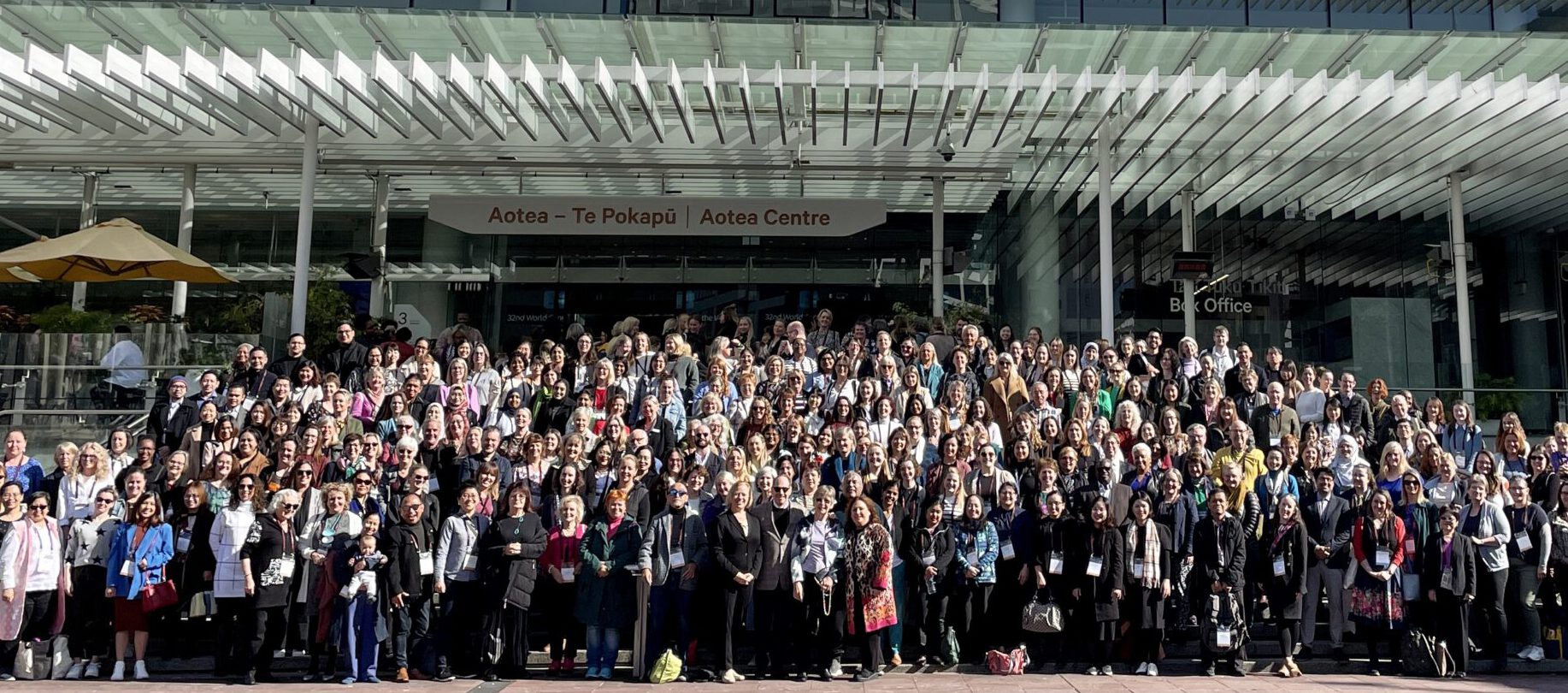
2024
In Celebration of the Centennial of IALP a special Composium was held in Vienna – where the historic timeline began …
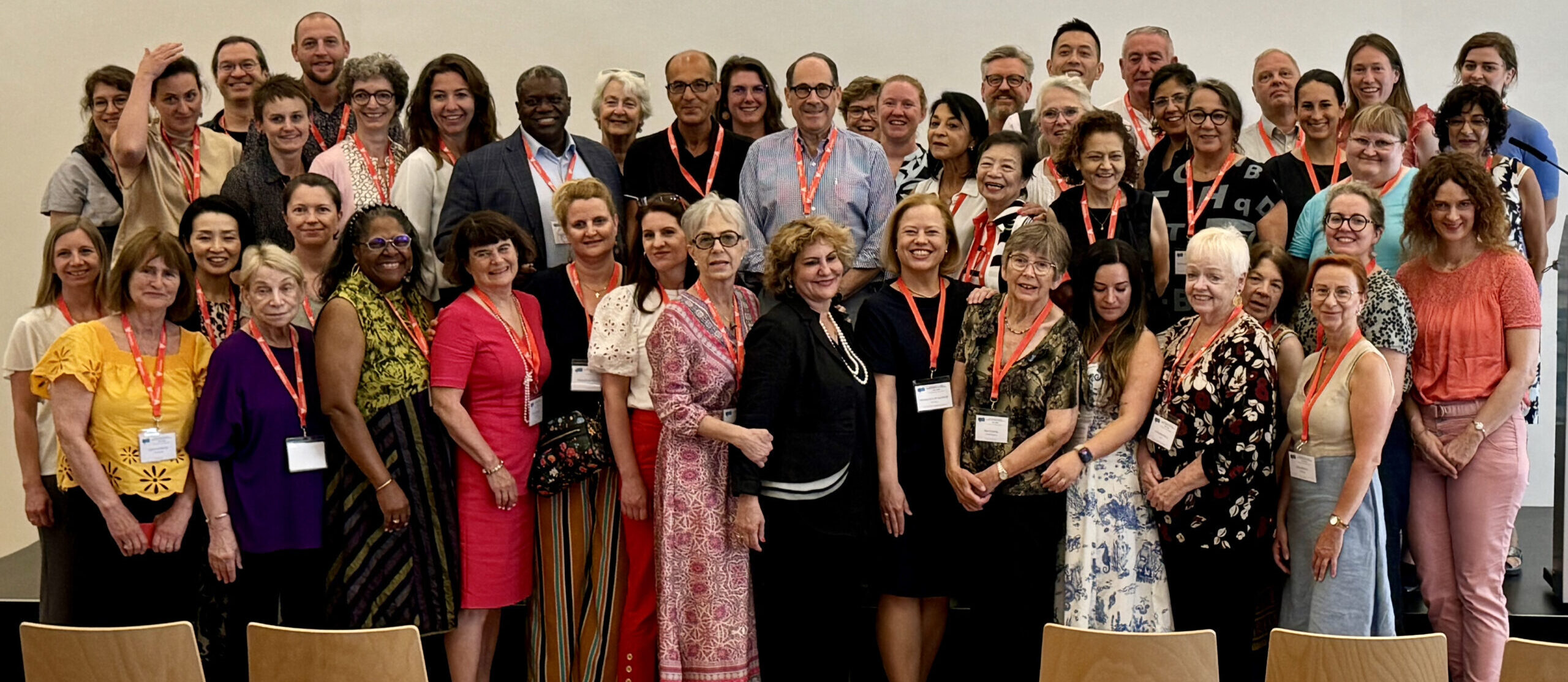

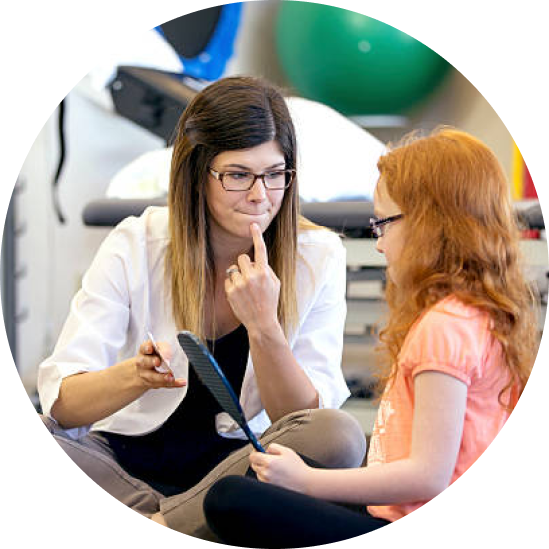
Diversity, Equity and Inclusion
We understand that cultivating a diverse, equitable, and inclusive culture is essential to realizing our vision and mission to facilitate better understanding, knowledge and care of all people with communication and swallowing disorders, and enable us to take action to create lasting change.
We value diversity and celebrate the contributions of people of all backgrounds, across age, ethnicity, race, national origin, ability, learning style, religion, socioeconomic status, culture, marital status, languages spoken, sex, sexual orientation, and gender identity as well as differences in thoughts and ideas.
Recognizing that individuals from some groups have historically experienced barriers to service and participation, we are committed to advancing equity in all aspects of IALP.
We believe that all people hold visible and invisible qualities that inherently make them unique, and we strive to create an inclusive culture where each person knows they are valued and belong.
We are committed to being honest and transparent about where we are in our DEI journey as an organization, and to continuing to learn and do better.
How We Work
IALP is a non-profit, non-political and nongovernmental global organization.
The work of the organization is primarily accomplished by its members who volunteer their time and talents on the IALP Board of Directors and IALP’s 14 Standing Committees, with operational support and guidance from the IALP Chief Executive Officer (CEO) and additional part-time or consulting staff as needed.
IALP Officers and Board Members for the term 2022-2025
Officers
| Executive Committee | |
|---|---|
| President | Brian B. Shulman, USA |
| President-Elect | Tamer Abou-Elsaad, Egypt |
| Vice-President for Communication | Wiebke Scharff Rethfeldt, Germany |
| Vice-President for Finance | Arlene A. Pietranton, USA |
| Vice-President for Education | Fernanda Dreux, Brasil |
| Vice-President for Membership and Partnerships | Kamini Gadhok, United Kingdom |
| Vice-President for Marketing and Development | Maria Christopoulou, Cyprus |
Executive Committee
President
Brian B. Shulman, USA
President-Elect
Tamer Abou-Elsaad, Egypt
Vice-President for Communication
Wiebke Scharff Rethfeldt, Germany
Vice-President for Finance
Arlene A. Pietranton, USA
Vice-President for Education
Fernanda Dreux, Brasil
Vice-President for Membership and Partnerships
Kamini Gadhok, United Kingdom
Vice-President for Marketing and Development
Maria Christopoulou, Cyprus
Officers
Join Us
IALP welcomes all Logopedists, Speech-Language Therapists/Pathologists, Audiologists, Clinical Linguists, ENTs and Phoniatricians worldwide who are engaged in the study, prevention, identification, and treatment of communication and related disorders and organizations comprised of individuals from those professions from all countries to apply for membership.

